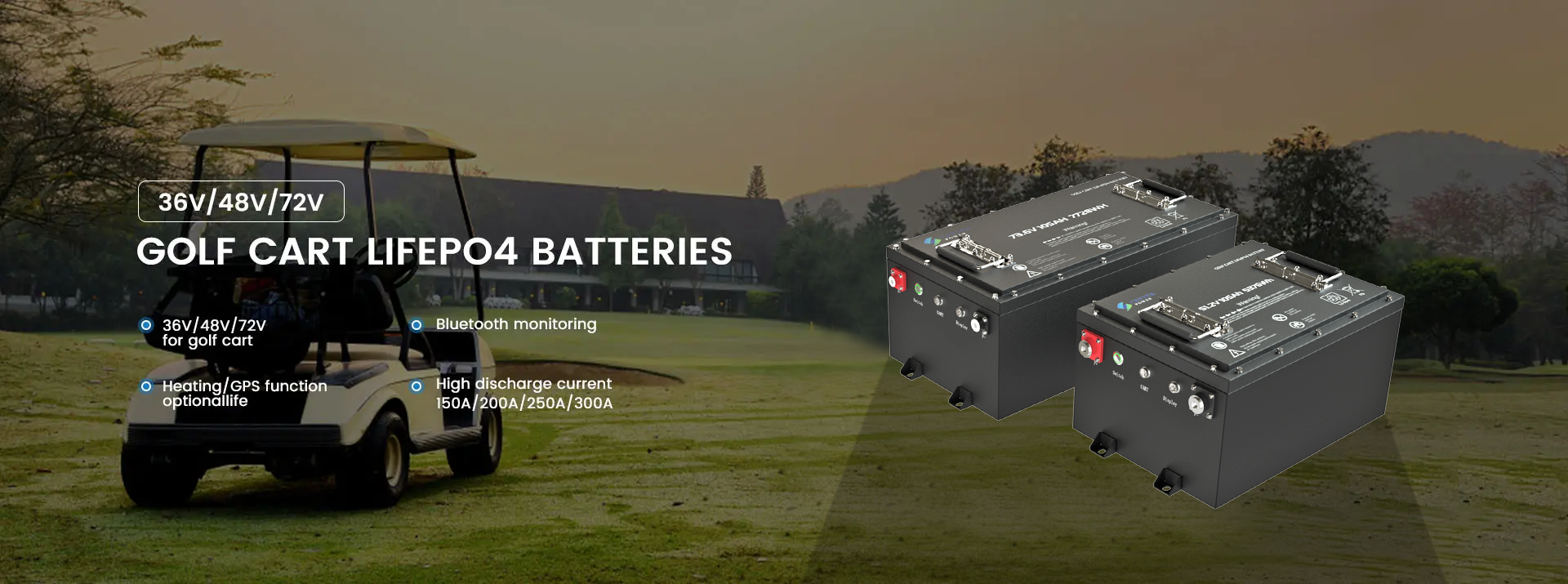
Wheelchair Battery Types: 12V vs. 24V
Wheelchair batteries play a critical role in powering mobility devices, and understanding their specifications is essential for optimal performance and reliability.
1. 12V Batteries
- Common Use:
- Standard Electric Wheelchairs: Many traditional electric wheelchairs utilize 12V batteries. These are typically sealed lead-acid (SLA) batteries, but lithium-ion options are increasingly popular due to their lighter weight and longer lifespan.
- Configuration:
- Series Connection: When a wheelchair requires a higher voltage (like 24V), it often connects two 12V batteries in series. This configuration doubles the voltage while maintaining the same capacity (Ah).
- Advantages:
- Availability: 12V batteries are widely available and often more affordable than higher voltage options.
- Maintenance: SLA batteries require regular maintenance, such as checking fluid levels, but they are generally straightforward to replace.
- Disadvantages:
- Weight: SLA 12V batteries can be heavy, affecting the overall weight of the wheelchair and user mobility.
- Range: Depending on the capacity (Ah), the range may be limited compared to higher voltage systems.
2. 24V Batteries
- Common Use:
- Performance-Oriented Wheelchairs: Many modern electric wheelchairs, particularly those designed for more intensive use, are equipped with a 24V system. This can include both two 12V batteries in series or a single 24V battery pack.
- Configuration:
- Single or Dual Battery: A 24V wheelchair may either use two 12V batteries connected in series or come with a dedicated 24V battery pack, which can be more efficient.
- Advantages:
- Power and Performance: 24V systems generally provide better acceleration, speed, and hill-climbing ability, making them suitable for users with more demanding mobility needs.
- Extended Range: They can offer better range and performance, especially for users who require longer travel distances or face varied terrain.
- Disadvantages:
- Cost: 24V battery packs, particularly lithium-ion types, can be more expensive upfront compared to standard 12V batteries.
- Weight and Size: Depending on the design, 24V batteries can also be heavier, which may impact portability and ease of use.
Choosing the Right Battery
When selecting a battery for a wheelchair, consider the following factors:
1. Wheelchair Specifications:
- Manufacturer’s Recommendations: Always refer to the wheelchair’s user manual or consult with the manufacturer to determine the appropriate battery type and configuration.
- Voltage Requirement: Ensure you match the battery voltage (12V or 24V) with the wheelchair’s requirements to prevent operational issues.
2. Battery Type:
- Sealed Lead-Acid (SLA): These are commonly used, economical, and reliable, but they are heavier and require maintenance.
- Lithium-Ion Batteries: These are lighter, have a longer lifespan, and require less maintenance but are usually more expensive. They also offer faster charging times and better energy density.
3. Capacity (Ah):
- Amp-Hour Rating: Consider the battery's capacity in amp-hours (Ah). Higher capacity means longer run times and greater distances before needing a recharge.
- Usage Patterns: Assess how often and for how long you’ll use the wheelchair each day. Users with heavier usage may benefit from higher capacity batteries.
4. Charging Considerations:
- Charger Compatibility: Ensure that the battery charger is compatible with the chosen battery type (SLA or lithium-ion) and voltage.
- Charging Time: Lithium-ion batteries typically charge faster than lead-acid batteries, which is an essential consideration for users with tight schedules.
5. Maintenance Needs:
- SLA vs. Lithium-Ion: SLA batteries require periodic maintenance, while lithium-ion batteries are generally maintenance-free, offering convenience for users.
Conclusion
Choosing the right battery for a wheelchair is crucial for ensuring optimal performance, reliability, and user satisfaction. Whether opting for 12V or 24V batteries, consider your specific needs, including performance requirements, range, maintenance preferences, and budget. Consulting the wheelchair manufacturer and understanding battery specifications will help ensure you select the best option for your mobility needs.
Post time: Oct-18-2024





